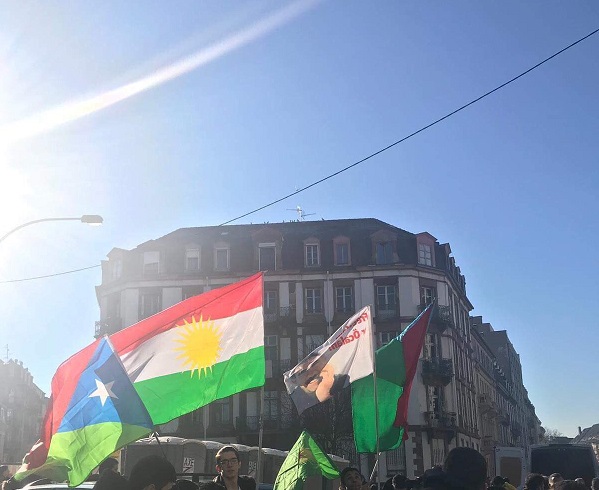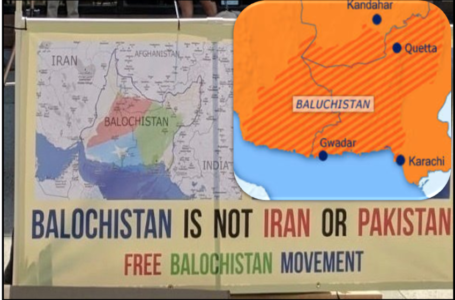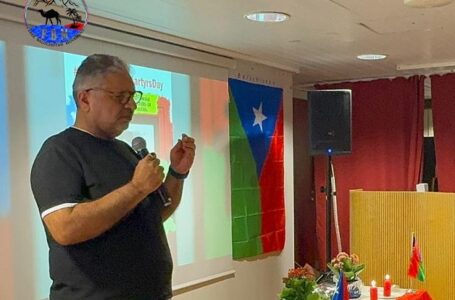Israel’s decisive Attack on Iran a Significant Opportunity for Baloch National Independence: FBM
Iranian Extremist Accuses Kurdish and Baloch Labourers of Aiding Israeli Attacks

DOZZAAP (Zahedan) – Ali Akbar Raefi-Pour, a figure associated with extremist ideological circles in Iran, has sparked outrage after making inflammatory and baseless accusations against Kurdish and Baloch labourers.
In a series of social media posts, Raefi-Pour accused Kolbars (Kurdish porters) and Sukhtbars (Baloch fuel carriers) of smuggling Israeli military equipment into the country and held them directly responsible for recent Israeli attacks on Iranian soil.
Raefi-Pour, who is widely known for spreading disinformation and promoting conspiracy theories on behalf of pro-regime factions, tweeted:
“Whatever we said—stop the smuggling. Where else in the world does smuggling happen so openly and on such a large scale!?”
He continued, “There are no smugglers? Tell me, Kolbars and Sukhtbars?”—a direct reference to the Kurdish and Baloch working classes.
He added: “In short, they brought what they wanted safely into the country.”
These remarks have drawn sharp criticism from activists and human rights observers, especially as they come at a time when Kolbari and Sukhtbari are widely seen as survival strategies, forced upon communities by decades of economic neglect and political repression of Iran against people of Balochistan and Kurdistan. The Baloch and Kurdish regions, already among the most impoverished, have seen a growing dependence on these dangerous forms of labour due to lack of employment opportunities and systematic state repression.
Both Kolbars and Sukhtbars routinely risk their lives navigating perilous mountain routes to carry goods across Iran’s borders. These workers are frequently targeted by Iranian security forces, with dozens killed each year under accusations of smuggling—often without evidence or due process.
Raefi-Pour’s claims come despite the absence of any credible evidence linking either group to recent Israeli operations in Iran. In contrast, Iran’s own security apparatus has been increasingly criticised for failing to prevent the infiltration of foreign agents into highly sensitive military and infrastructure sites.
Earlier reports by Rasank Media revealed that Israel’s intelligence agency Mossad had planned and executed a covert operation deep inside Iran. The operation, which reportedly began months ago in central Iran, involved the establishment of secret bases outfitted with guided missile systems and suicide drones. These systems were allegedly coordinated with Israeli air strikes and were used to target Iran’s air and missile defence infrastructure.
The ongoing failure of Iranian intelligence to detect or prevent such operations has further embarrassed Iran internationally and domestically. Critics argue that targeting already-oppressed nations such as the Baloch and Kurds is a deliberate distraction from the government’s own institutional failures.
In cultural and economic terms, Kolbars are Kurdish labourers who transport goods across mountainous terrains on foot, often under extreme physical and environmental hardship. Sukhtbars, in the Baloch context, perform similar work by carrying fuel and essential goods through rugged terrain along GodSmid Line. These jobs, dangerous and poorly paid, are often the only means of survival for impoverished and desperate families.
Raefi-Pour’s remarks have been condemned as yet another attempt to vilify occupied nations and deflect attention from the Iranian government’s inability to address the real sources of security breaches within the country.









